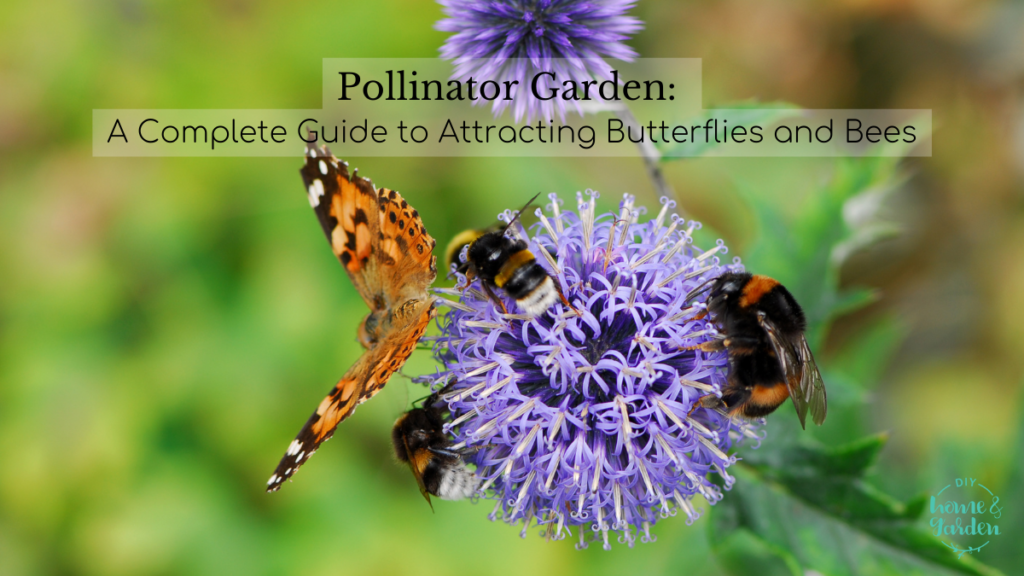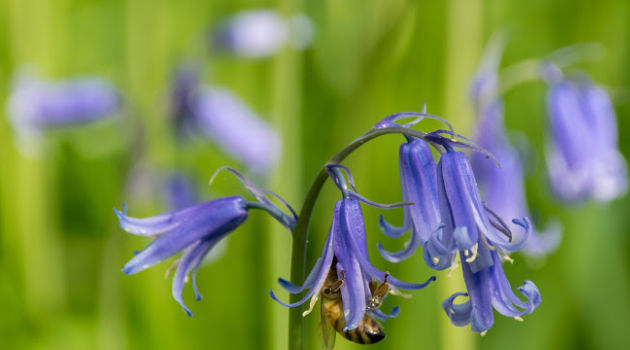Beekeeping study finds organic colonies enjoy vigor and health.
A recent study led by entomologists from Penn State has revealed that honey bee colonies managed organically are just as healthy and productive as those managed conventionally. Plus, organic beekeeping avoids using synthetic pesticides for pest and pathogen control within the hive. This research is believed to be the first to demonstrate that organic beekeeping is sustainable and supports high honey bee survival rates and production.
Beekeeping management strategies are vital in assisting bees to overcome various stressors such as pests, diseases, pesticide exposure, and nutritional deficiencies. Robyn Underwood, the study’s lead author and an apiculture educator for Penn State Extension, emphasized that beekeeping management is a critical factor in honey bee health as it can help alleviate some of the adverse effects caused by these stressors.
Despite implementing these management strategies, honey bee colonies continue to experience significant losses each winter, with around 30% or more in the United States and about 40% in Pennsylvania. Beekeepers worldwide constantly seek the best management practices to maintain healthy and productive bees.
The study’s co-author, Margarita López-Uribe, an associate professor of entomology, and Lorenzo L. Langstroth Early Career Professor in Penn State’s College of Agricultural Sciences, noted that there has been minimal research on organic beekeeping. This is primarily due to requirements restricting beekeepers’ ability to sell their products as certified organic.
The Study That Compared Organic Beekeeping to Colonies Using Synthetic Methods
The researchers studied nearly 300 honey bee colonies located on eight certified organic farms in Pennsylvania and West Virginia to evaluate the effectiveness of various beekeeping approaches. The study protocols were developed in collaboration with 30 experienced beekeepers to replicate real-world beekeeping practices.
The study categorized the colonies under three broad beekeeping management systems: conventional management, organic management, and chemical-free management. The researchers monitored these colonies over three years. They noted overwintering survival, honey production, parasite and pathogen abundance, and the expression of genes regulating immune function.
Scientific Reports published the results. They showed that organic and conventional management systems increased winter survival by more than 180% compared to chemical-free management. They also increased total honey production across three years by 118% and 102%, respectively. Both systems reduced levels of parasites and pathogens. These included the Varroa mite, a serious vector of viral diseases of bees. It also included the microsporidian parasite that causes Nosema disease.
The researchers believe that their holistic systems approach is beneficial for incorporating the results into beekeeping operations. They noted that recommendations based on the organic systems used in the study are included in Penn State Extension educational programs and materials for organic beekeeping management.
However, Underwood clarified that despite the study investigating organic honey bee colony management, the apiary products from these systems cannot be marketed as “certified organic.” This is due to organic certification requirements that call for maintaining at least a 3-kilometer, pesticide-free radius around colonies. That stipulation is challenging for beekeepers to meet. The team’s ongoing research on landscape characteristics and honey bee foraging distances may provide a scientific basis for organic program authorities to ease that requirement.
The Takeaway: The Study Shows Another Way to Help Our Bee Population
This research suggests that beekeepers can adopt organic methods without sacrificing the health or productivity of their colonies. Thus, they may eventually decrease or eliminate chemical use in their operations. However, current certification requirements may limit the ability to market products as “certified organic.” Still, with colonies threatened by urbanization, organic beekeeping offers one additional way to support bee health.
- Strawberry Lemonade Recipe (no added sugar) - 03/20/2025
- Barndominiums: Weighing the pros and cons - 12/30/2024
- Ginger Orange Marmalade Recipe: Sweet, Tangy, and Just a Little Spicy - 11/09/2024




